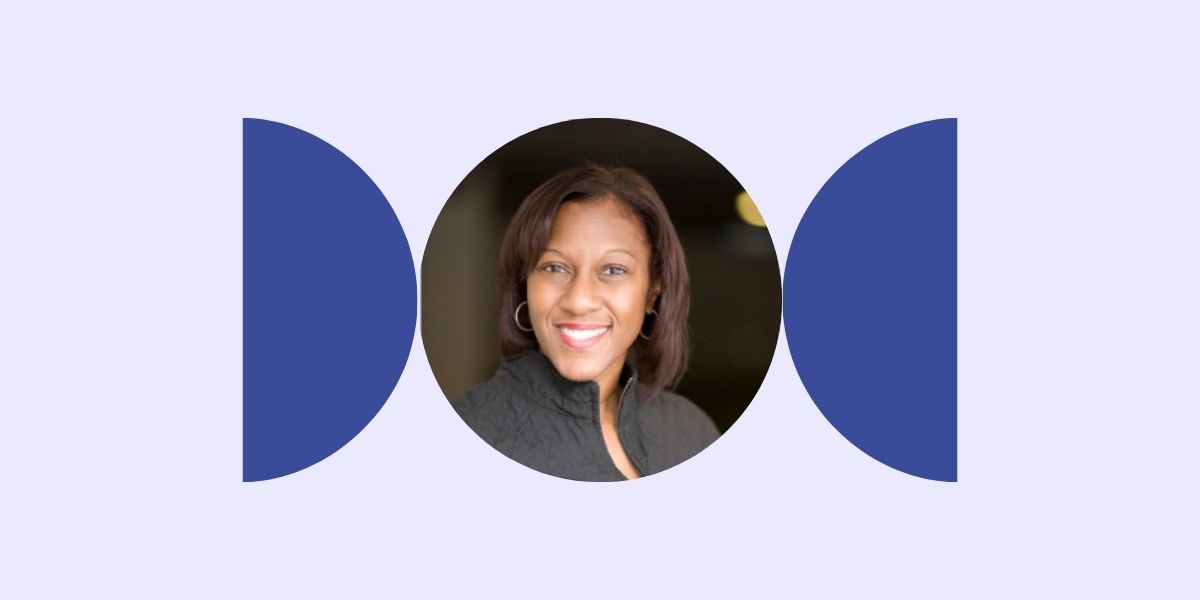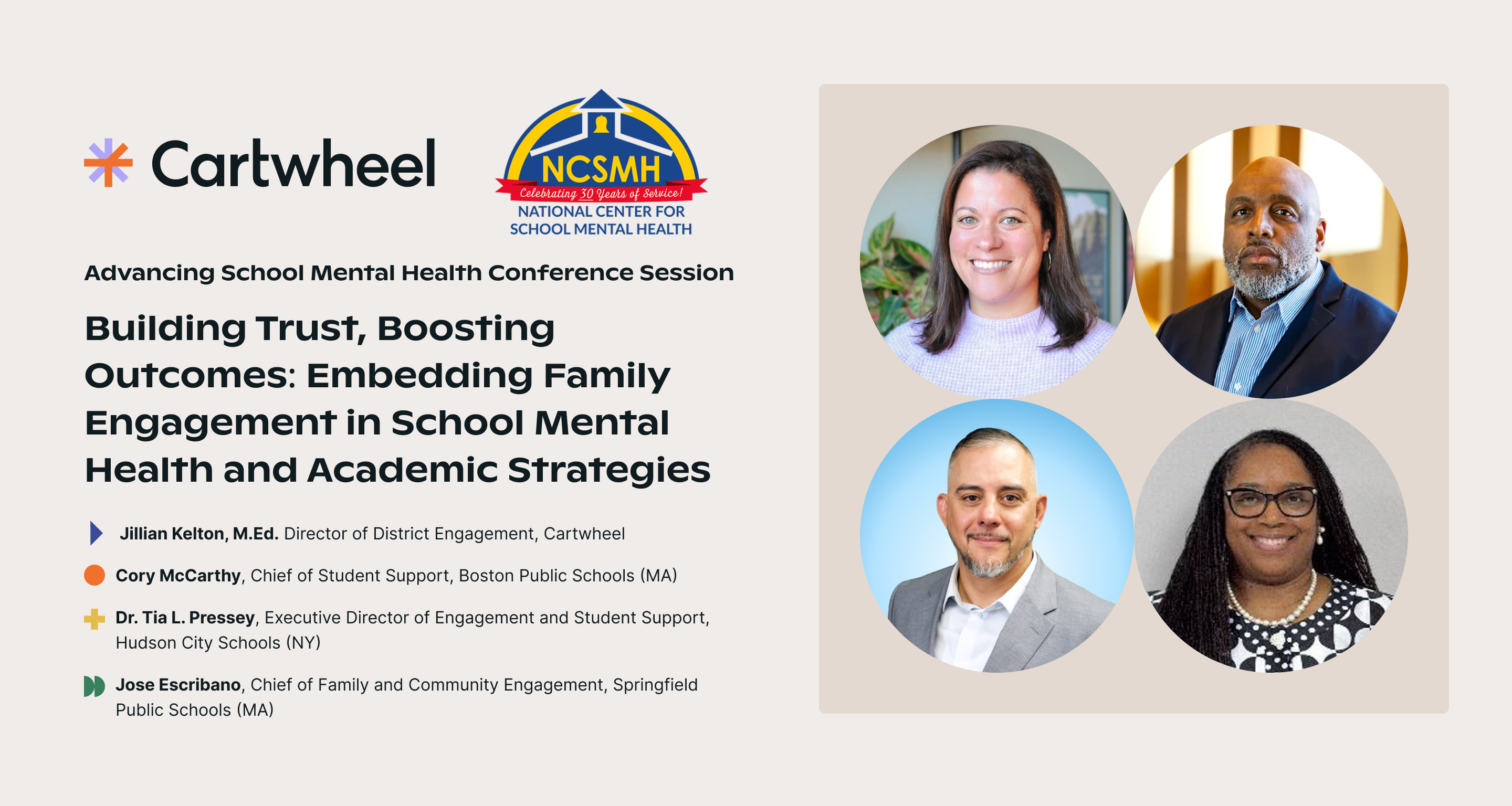Fifty percent of youth with ADHD also have a co-existing disorder or diagnosis, such as anxiety, depression, behavioral disorders, or learning disorders, such as dyslexia. What are the impacts on students who have both ADHD and learning disorders? What can we as parents, caregivers, and school staff do to support kids who may have co-existing symptoms?
Cartwheel recently hosted a webinar designed that reviewed how to tell the differences between ADHD and learning disorders, the co-existence of ADHD and learning disorders, and first steps caregivers can take if they think that their child or loved one may have one of these disorders.
Key Takeaways
Featured Speakers
Anne Arnett, PhD
Dr. Anne Arnett is a scientist in the Department of Developmental Medicine and the Wade Family Investigator in Child Psychology at Boston Children's Hospital. Dr. Arnett and her research team aim to improve precision medicine care for children and families affected by neurodevelopmental disorders. Dr. Arnett’s laboratory investigates brain-behavior associations leading to atypical neurodevelopment among children. Research initiatives have included investigations of neurocognitive and genetic etiologies of ADHD, learning disorders and autism; as well as single gene disorders associated with autism and intellectual disability. Dr. Arnett received a PhD in Clinical Psychology from the University of Denver and completed postdoctoral training at the University of Washington.






